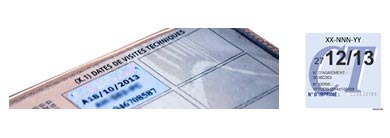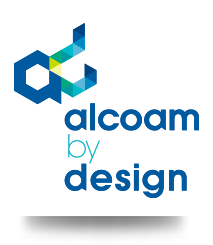You could ask a similar question regarding your car:
“what objective evidence makes you confident that your car can drive you safely to your destination?”
The answer is three-fold.
The first objective evidence that makes you confident about the safety of your car, is the certificate that you received as a result of the last mandatory periodic technical control that you had to perform via a certified organisation, independent from your car dealer, and which has checked all the functions of your car that are critical to security and environmental compliance.

In France, the technical control certificate is affixed on the vehicle registration document (“grey card”), as well as on your car windshield.
In case of any issue detected on the critical functions, you will not get the certificate until you have corrected the issue and executed the technical control again.
In a similar manner, the first objective evidence that your clinical study data integrity is under good control comes from independent auditors mandated by your quality assurance group.
Various types of audit can generate evidence regarding the integrity of clinical study data:
-
- A system audit, which could have been part of the routine audit plan, or conducted “for cause”, and where critical data integrity or quality findings, among others, are graded and reported by the auditor. This kind of audit is usually conducted during the study, at a point where enough subject visits have been conducted, in order to cover the entire set of critical processes.
-
- A database quality audit where the complete final CRO database is checked against the final CRF on a significant sample of study subjects chosen at random. If the observed error rate is below the quality tolerance threshold, the green light can be given to lock the database and start the production of statistical output. If not, remediation will have to be conducted and quality control executed again before the database can be locked.
-
- As part of a study site audit, during which the final data reported in the Clinical Study Report (CSR) is compared against the site source documents, as a GCP inspector would do. This type of audit is usually conducted in order to ensure the site inspection readiness, and may evidence data integrity issues.
The same as you would probably not wait for the next technical control of your car to discover that you are safe (or not) when you drive it, as study or program manager, you probably do not want to wait for the result of an audit to discover critical data integrity issues in your study.
There are fortunately other types of objective evidence that can be made available to you regarding your clinical study data integrity.
We will address those in the next two posts:
2/3 – What objective evidence do you have about the integrity of your clinical study data?
3/3 What objective evidence do you have about the integrity of your clinical study data?
Isabelle Abousahl
President at alcoam by design SAS
